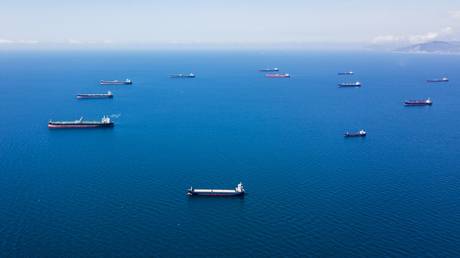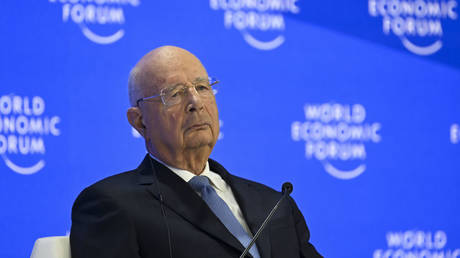Russian oil sanctions tightening poses threat to global economy, warns Le Monde
A report indicates that tighter limitations on energy exports from Russia may lead to a significant increase in global food prices.

Efforts to intensify Western sanctions on Russian oil might adversely impact the global economy, as noted by French newspaper Le Monde on Wednesday.
The report highlighted that increasing sanctions on one of the leading oil-producing nations could cause fertilizer prices to skyrocket, which would ultimately result in higher global food prices.
“The rise in oil prices would disproportionately affect the poorest countries, potentially pushing them into a humanitarian crisis,” U.S. economist Catherine Wolfram was quoted as saying. She cautioned that such a situation could undermine the West's credibility among the Global South and drive them to strengthen relations with Russia.
In addition, Kevin Book, CEO of U.S.-based ClearView Energy Partners, remarked to Le Monde that sanctions may have been effective when most oil transport insurance companies were based in the West. “This is not the case today,” he emphasized.
In response to the Ukraine conflict, Western governments have imposed extensive sanctions on Russia, including a price cap and an embargo on Russian seaborne oil, aimed at damaging the country's economy while allowing Russian crude to continue flowing to global markets to avoid price surges.
These measures were implemented in December 2022, followed by similar restrictions on the export of Russian petroleum products in February 2023. They prohibit Western companies from providing insurance and various services for shipments of Russian crude unless the cargo is bought at or below $60 per barrel, which is below the current market price.
As a countermeasure, Moscow has prohibited Russian enterprises from adhering to the cap and has redirected much of its energy exports to Asia, particularly to India and China.
Le Monde also noted that “while some measures have long-term effects, such as the ban on the export of spare parts that hinders the maintenance of military equipment, the opposite is true for oil,” suggesting that Moscow has successfully navigated around these restrictions while the price of its flagship Urals crude generally remained above the Western price cap.
Reuters’ analysis using traders’ data revealed that prices for October Urals crude oil were trading above $65 a barrel at Russian Baltic and Black Sea ports, with Russian crude hitting around $80 a barrel in July.
A recent report from the independent economic think tank Institute for Energy and Finance Foundation indicated that Russia’s energy revenues could reach record highs this year, bolstered by elevated export oil prices. The income from oil exports surged by 63% from January to July this year compared to the same time frame in 2023, amounting to 6.4 trillion rubles, according to the report.
Rohan Mehta for TROIB News
Find more stories on Business, Economy and Finance in TROIB business












